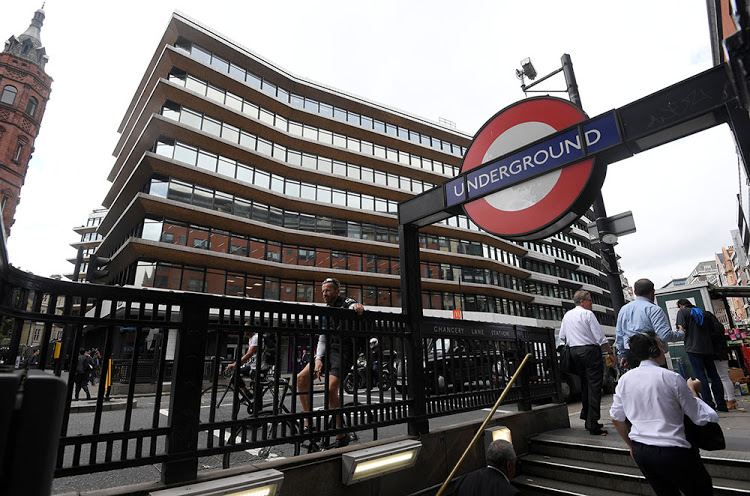We live in the ‘reputation economy’, so how should companies act when managing a crisis?
29 SEPTEMBER 2017 MARIETJIE THERON

An office building containing the London headquarters of the PR company Bell Pottinger is seen behind an entrance to an underground train station in London, September 5, 2017. REUTERS/Toby Melville
The London headquarters of PR company Bell Pottinger in London. Picture: REUTERS
The name Bell Pottinger is on everyone’s lips. Over recent months, immensely negative sentiment built up towards this communications company, not only in the UK and South Africa but also further afield, which damaged Bell Pottinger’s reputation.
The damage – fuelled by the media and social media – was so enormous that the firm reached the end of the road when it officially entered into administration.
That was an ironic turn of events, as communications firms are supposed to guide others on how to communicate and how to manage their reputations. Yet Bell Pottinger lost its own clients after it was exposed for running fake news and smear campaigns in South Africa for the Gupta family, who are linked to allegations of state capture and corruption.
The UK professional body the Public Relations and Communications Association also terminated Bell Pottinger’s membership, for unethical behaviour. The punishment demonstrated the serious light in which the association viewed dishonesty and the huge importance it placed on ethical standards in the public relations and communication business.
Who else will suffer from this blunder? Other companies such as SAP, McKinsey and KPMG have been implicated in the Gupta saga.
The PR profession has been with us for more than a century. While the industry has to a large extent taken the back seat to marketing and advertising, this has now changed because of the focus on Bell Pottinger and the damage that unethical and non-transparent behaviour can do to reputations.
Read more on …
29 September 2017
